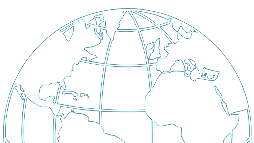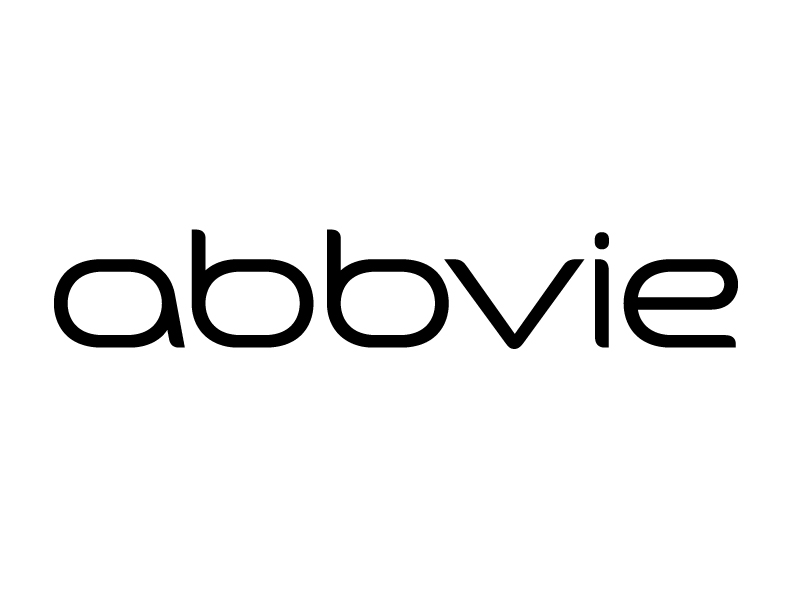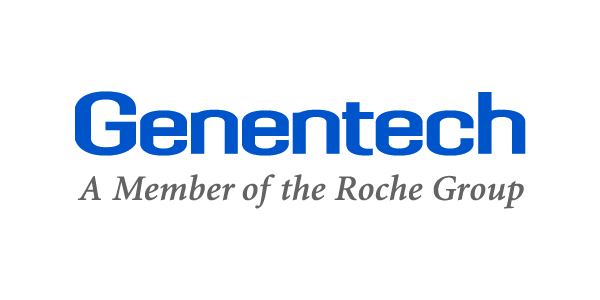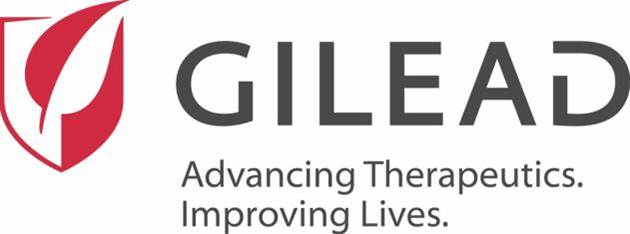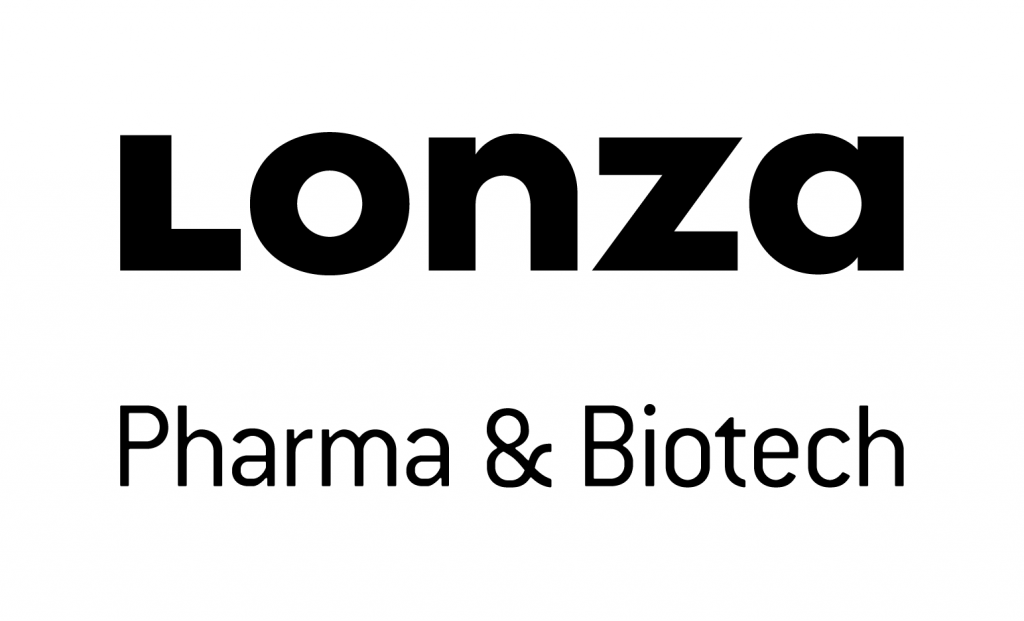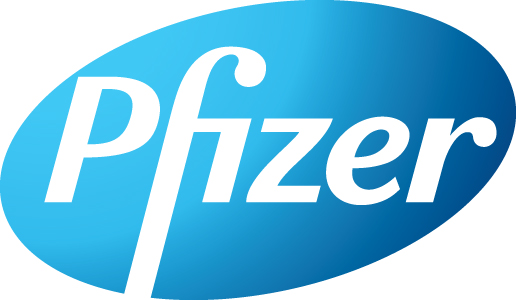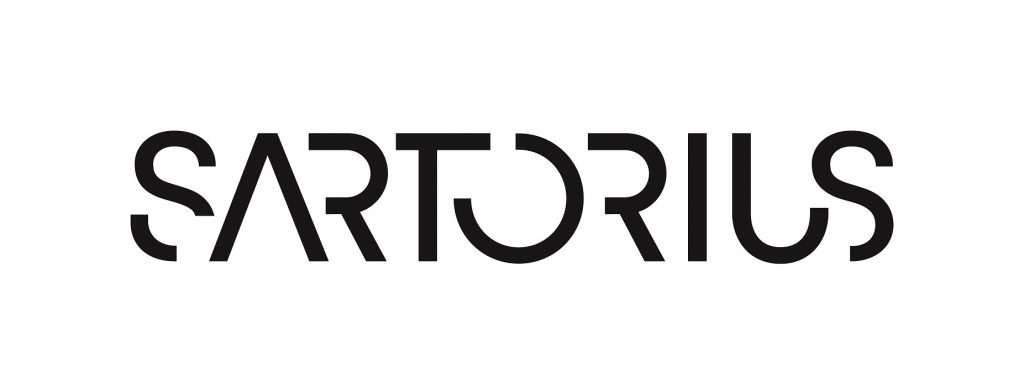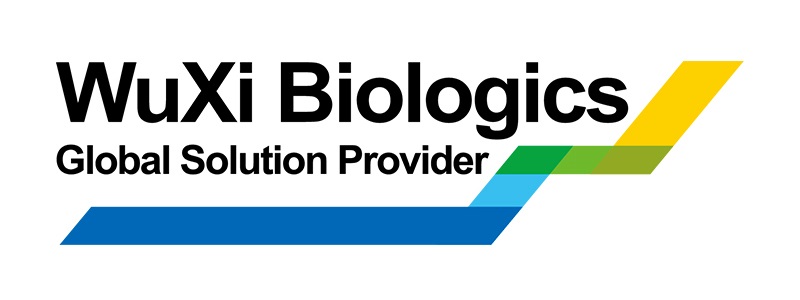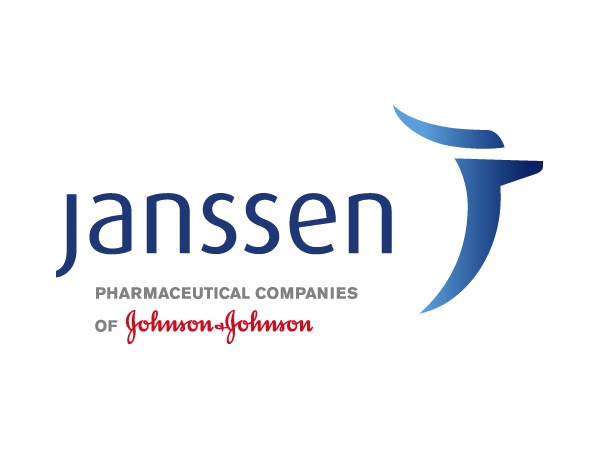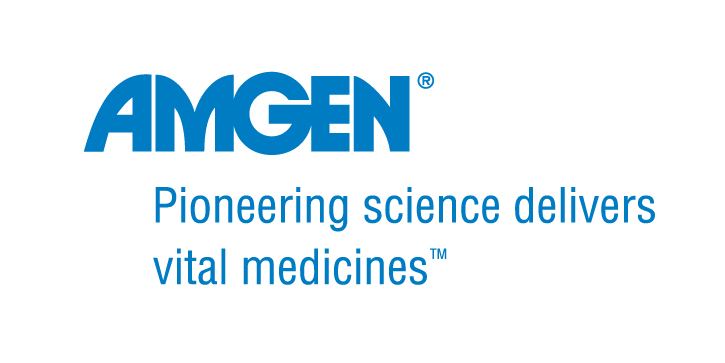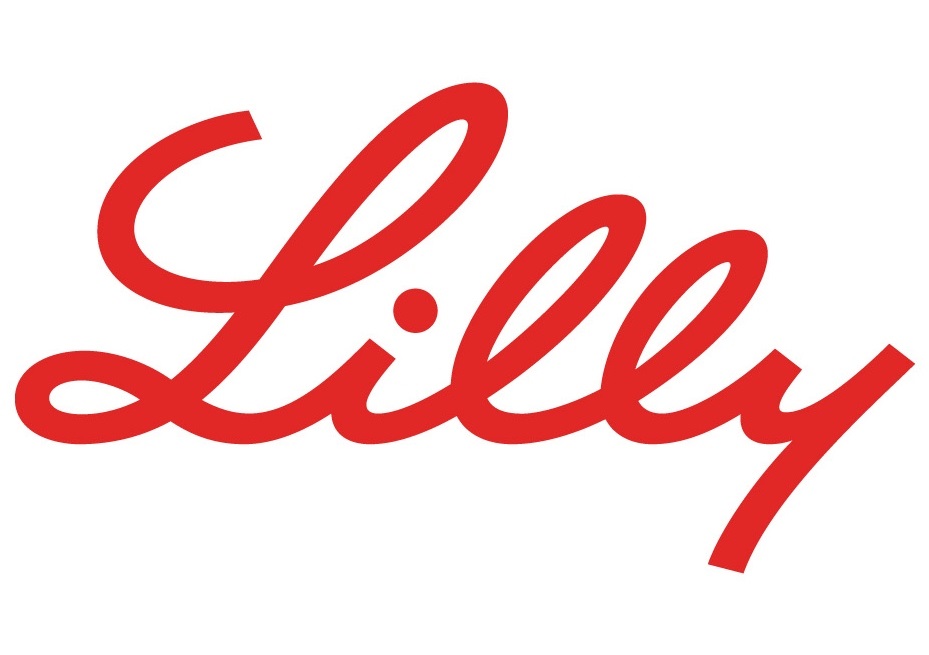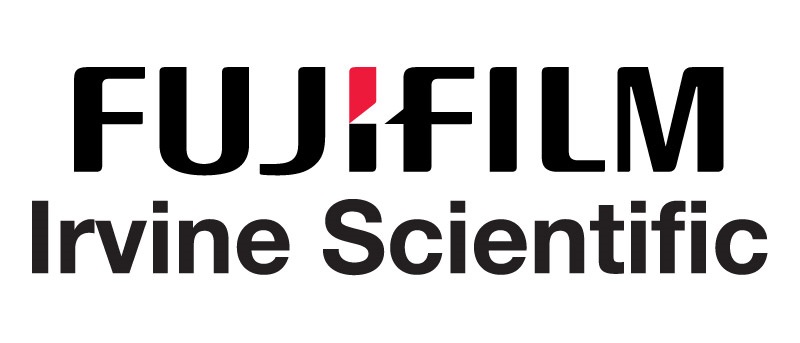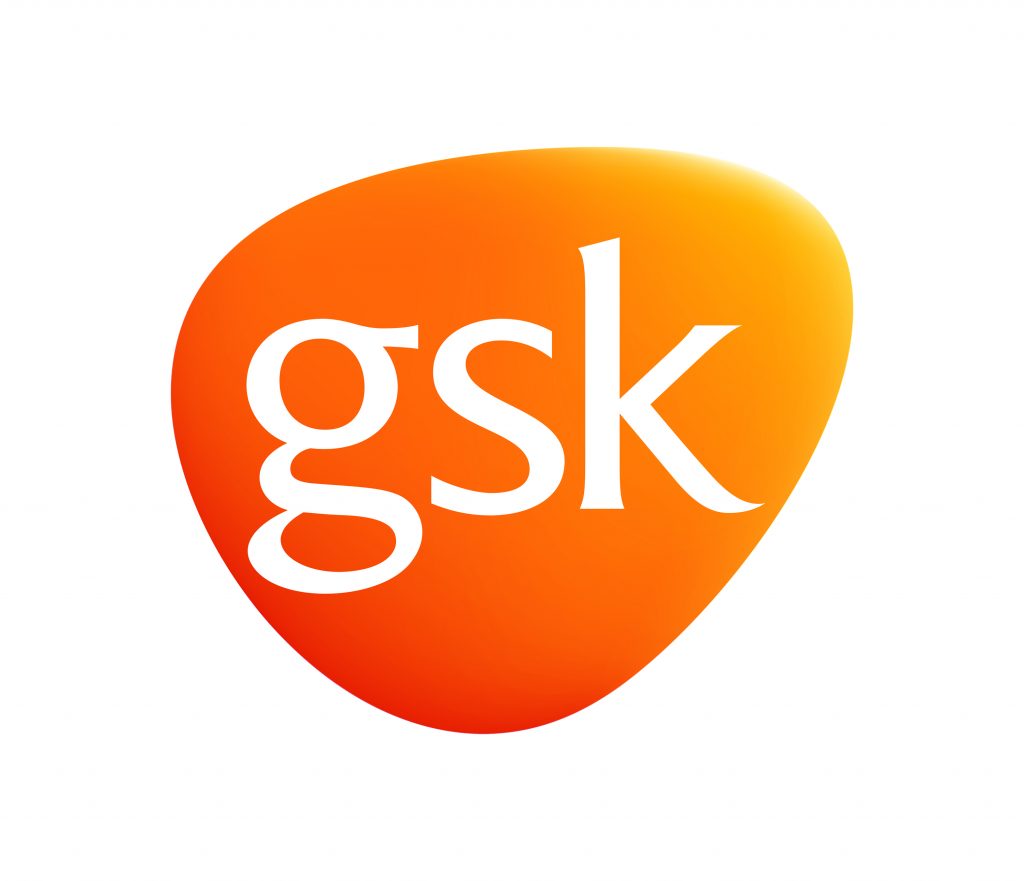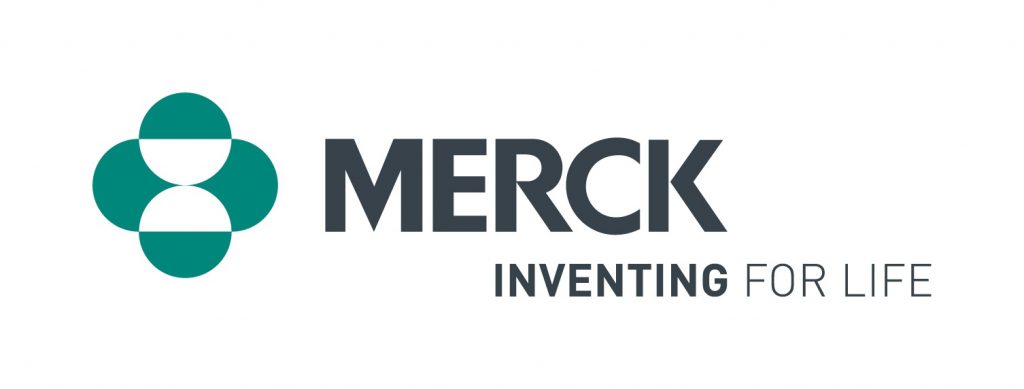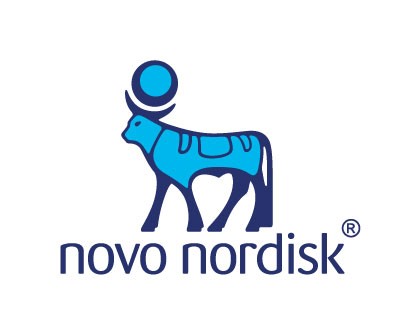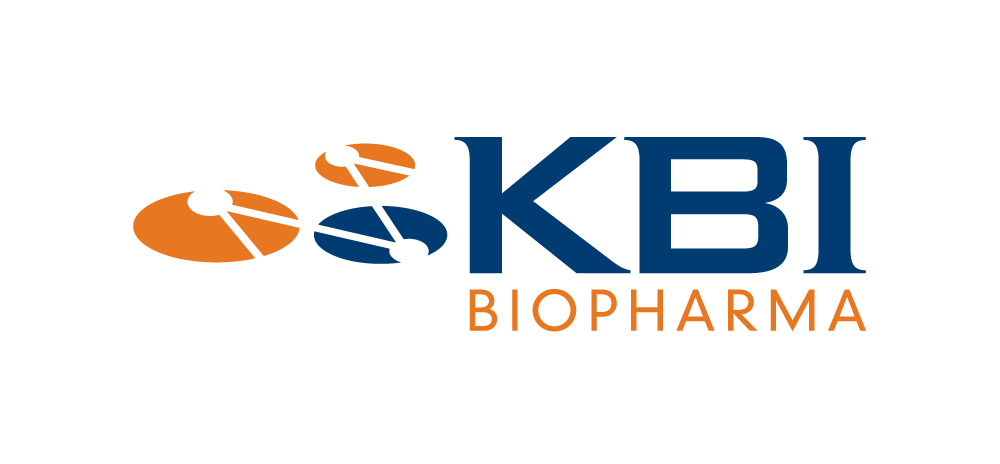An ECI Conference Series

CANCELLED
Tucson, Arizona
JW Marriott Starr Pass Tucson Resort
This conference is by invitation only. Please submit a Request for the Next Mailing to be added to the waiting list.
20AC
Email: ccetucson@engconfintl.org
About This Conference
Since 1988, the Cell Culture Engineering conferences have been held bi-annually and have developed into the leading global venue for the academic, industrial and regulatory communities for intensive interactions and debates to create solutions for improving human health and life by enabling rapid development and high quality manufacturing of an ever increasing number of viral vaccines, cell and gene therapies, recombinant proteins and monoclonal antibodies.
This Cell Culture Engineering XVII conference will bring together selected participants from top academic, industrial and governmental groups from all over the world. We will celebrate the tradition of high quality and relevant accomplishments and debate future solutions in the area of animal cell culture science and engineering. Consistent with this excellent tradition, the scientific program will consist of invited and solicited oral presentations, extensive poster sessions, and workshops.
Conference Organization
Conference Chairs
Tim Charlebois, Pfizer
Jamey Young, Vanderbilt University
Gargi Maheshwari, BMS
Poster Session Chairs
Karthik Jayapal, Janssen
Shawn Lawrence, Regeneron
Olivier Henry, Ecole Polytechnique
Yao-Ming Huang, Eli Lilly & Co.
Workshop Chairs
Laura Palomeres, UNAM
Anurag Khetan, BMS
Early Careers PreConference Chairs
Ioscani Jiménez del Val, Chemical & Bioprocess Engineering, University College Dublin
Amanda M. Lewis, BioProcess Technology, Bristol-Myers Squibb
Conference Program
Updated program coming soon
Early Careers Preconference (ECP)
We are currently confirming if the ECP will take place.
Join us for a new, special preconference in advance of Cell Culture Engineering XVII focused on early-career investigators in our field. Selected attendees will arrive one day early (Saturday afternoon) and participate in activities focused on industrial and academic career development within the cell culture sector. Planned activities include:
- Crash course lectures in key, technical topics faced by the industry today
- Workshops focused on successful interviewing skills, securing academic research funding and establishing collaborative research programs
- Q&A panel with industry and academic leaders focused on work-life balance
As a small group, we will have the opportunity to dig deeply into these aspects and how they relate to the early years of one’s career within the cell culture community.
On Sunday afternoon, we will transition into the main conference with a selection of rapid-fire poster highlights on the main podium, followed by a fun, mixer activity leading up to the CCEXVII opening keynote talk.
Please indicate your interest in attending the Early Careers Preconference during the CCEXVII abstract submission process. Attendance is by invitation only, and preference will be given to attendees who meet the guidelines outlined below. Participants who do not meet all of the criteria may be invited pending space availability. Please note that attendees must receive an invitation to the CCEXVII meeting to be considered for the Early Careers Preconference.
Eligibility guidelines:
Industry participants: PhD with 0-3 years’ experience, BS/MS with 0-6 years’ experience
Academic participants: Untenured faculty, post-docs, and students with 3+ years in grad school
Important additional information:
- We are currently raising funds to support the ECP and aim to defray any additional costs to session participants.
- If your company is interested in sponsoring the ECP, please contact the CCEXVII Chairs.
Keynote Speakers
Guangping Gao
GHuman Gene Therapy – Principles, History, State of the Art, Challenges and Approaches
Guangping Gao, Ph.D., Professor, Department of Microbiology and Physiological Systems; Director Gene Therapy Center & Viral Vector Core, University of Massachusetts Medical School
Dr. Gao is an internationally recognized gene therapy researcher who has played a key role in the discovery and characterization of new family of adeno-associated virus (AAV) serotypes, which was instrumental in reviving the gene therapy field, hugely impacting many currently
untreatable human diseases
For nearly 30 years of his scientific research career, Dr. Gao has primarily focused on molecular genetics and viral vector gene therapy of rare genetic diseases, encompassing disease gene cloning, causative mutation identification, pathomechanism investigation, animal modeling, novel viral vector discovery and engineering for in vivo gene delivery, vector biology, preclinical and clinical gene therapy product development, viral vector manufacturing for preclinical and clinical gene therapy applications as well as technology platforms development as novel approaches for human gene therapy.
Dr. Gao has published 250+ research papers, 6 book chapters, and 4 edited books and serves as Editor of Human Gene Therapy, Senior Editor of the Gene and Cell Therapy book series, Associate Editor of Signal Transduction and Targeted Therapy, and on Editorial Boards of several other gene therapy and virology journals. Dr. Gao was recently elected for a three-year term as the Vice President (2017-2018), President elect (2018-2019) and President (2019-2020) for the American Society of Gene and Cell Therapy.
Dr. Gao is an elected fellow of the US National Academy of Inventors (NAI), holding 131 patents with 221 more patent applications pending; some have been licensed to 10+ pharmaceutical companies. Recently, Dr. Gao was ranked as #4 of Top 20 Translational Researchers from 2013- to 2017 by Nature Biotechnology, with his patents US852446 (filed by University of Pennsylvania) and US8734809 (filed by UMass) ranked as #2 and #4 of the Top 20 most cited patents, respectively. Dr. Gao co-founded Voyager Therapeutics and Aspa Therapeutics, focusing on developing rAAV gene therapeutics for treating a variety of devastating CNS disorders.
Leroy E. Hood
How Technology, Big Data, and Systems Approaches are Transforming 21st Century Healthcare
Leroy E. Hood,, SVP and Chief Scientific Officer, Providence St. Joseph Health; Chief Strategy Officer, Co-founder and Professor, Institute for Systems Biology
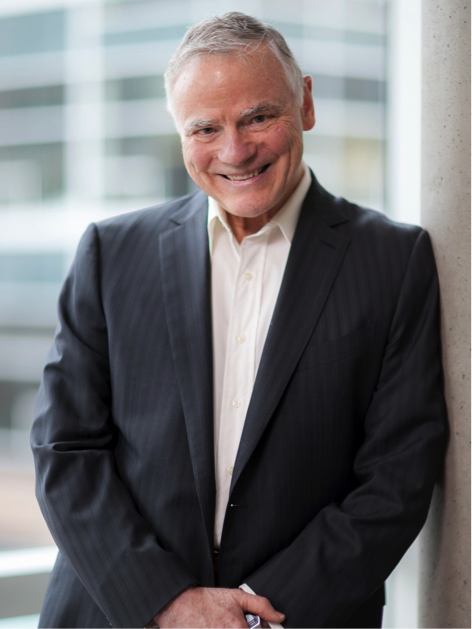
Dr. Leroy E. Hood graduated from the Johns Hopkins University School of Medicine in 1964 with an MD and from California Institute of Technology with a PhD in biochemistry in 1968. After three years as a Senior Investigator at NIH,
his academic career began at Caltech, where he and his colleagues developed the DNA gene sequencer and synthesizer, and the protein synthesizer and sequencer–four instruments that paved the way for the successful mapping and understanding of the human genome. A pillar in the biotechnology field, Dr. Hood has played a role in founding fifteen biotechnology companies including Amgen, Applied Biosystems, Integrated Diagnostics and Arivale.
He is a member of the National Academy of Sciences, the National Academy of Engineering, and the Institute of Medicine. Of the more than 6,000 scientists world-wide who belong to one or more of these academies, Dr. Hood is one of only fifteen people nominated to all three. Dr. Hood has co-authored numerous textbooks in biochemistry, immunology, molecular biology and genetics, as well as a popular book on the human genome project, The Code of Codes and he is just finishing a text on systems biology.
He is the recipient of numerous national and international awards, including the Lasker Award for Studies of Immune Diversity (1987), the Kyoto Prize in advanced technology (2002), the Heinz Award for pioneering work in Systems Biology (2006), and the coveted NAE 2011 Fritz J. and Delores H. Russ Prize for developing automated DNA sequencing.
In addition to having received 17 honorary degrees from prestigious universities in the U.S. and abroad, Dr. Hood has published over 850 peer-reviewed articles and currently holds 36 patents. In 2013, he received the National Medal of Science from President Obama. Hood has been named by The Best Schools as one of the 50 Most Influential Scientists in the World Today (2014).Scientific American has named Hood as one of the top 6 in their selection of 100 biotech visionaries world-wide (2015).
Michael Kamarck
Michael Kamarck, Ph.D. , Chief Technology Officer, VIR Biotechnology, Inc.
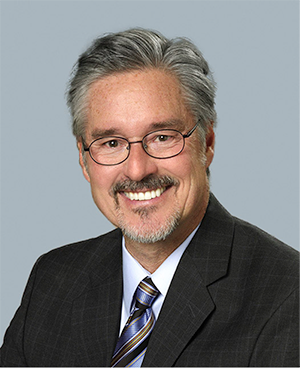
Michael Kamarck, Ph.D., has served as the Chief Technology Officer of VIR Biotechnology, Inc. since June 2017. From September 2013 to May 2017, Dr. Kamarck served as a principal for Willow Creek Biotech Consulting, where he provided consultation in the field of biotechnology technical operations for numerous large and small companies.
From March 2014 to December 2014, Dr. Kamarck served as interim head of the Therapeutic Monoclonal Antibodies organization at Sanofi, where he led the integration and reorganization of the biotechnology assets of Sanofi and Genzyme. From December 2009 until March 2012, Dr. Kamarck served as President of Merck BioVentures and as Senior Vice President of Vaccines and Biologics Manufacturing at Merck & Co., Inc.. From May 2001 to October 2009, he held various senior executive positions at Wyeth Pharmaceuticals, Inc., or Wyeth, including President, Technical Operations and Product Supply and was responsible for global technical operations for all of the Wyeth businesses.
Dr. Kamarck also served as a member of the Wyeth Management Committee. Prior to Wyeth, he was employed by Bayer AG for 17 years in a variety of technical and leadership capacities. Dr. Kamarck previously served on the board of directors of public companies Omni Bio Pharmaceutical, Inc. and Unilife Corporation, from January 2013 to June 2015 and July 2016 to October 2017, respectively.
Dr. Kamarck received his B.A. from Oberlin College where he currently serves as a Trustee, his Ph.D. in Biochemistry from Massachusetts Institute of Technology and was a Leukemia Society Fellow at Yale University. He is the author of more than 50 peer-reviewed publications and 20 issued patents. He also holds an Honorary Doctorate of Science from University College Dublin.
Conference Sessions
Session 1: Systems and Synthetic Biology for Improved Biologics Production
Session Chairs: Bhanu Mulukutla (Pfizer) and Nicole Borth (BOKU Vienna)
Since 1987, mammalian host systems have evolved to be the workhorses of biologics production despite their intertwined complex physiological functions making their control in cell culture processes challenging. Systems biology, which employs omics technologies integrated with mathematical modeling, provides a way to study these complex physiological functions in a holistic manner. Synthetic biology complements this by providing advanced genetic engineering tools and circuits to modulate such complex physiological functions. Over the last decade, systems biology approaches were employed by the bioprocessing community in an exploratory fashion towards attaining deeper understanding of routinely used cell lines and cell culture processes. More recently, the combination of systems biology and synthetic biology is applied towards attaining tangible solutions for specific cell culture process related questions by enhancing and/or fine tuning relevant cellular physiological functions. This session will mainly focus on such studies that demonstrate tangible outcomes to modulate cell growth, protein or viral vector/particle production, product quality or any other aspects of biologics production. In addition, this session will also focus on studies contriving novel solutions in the form of bioinformatics tools or mathematical models to address challenges with handling, analysis and interpretation of big data typically generated as part of systems and synthetic biology efforts.
Session 2: Cell Line Development: Current State and Future Directions
Session chairs: Zhimei Du (Merck) and Mark Smales (University of Kent)
Advances in molecular biology and genome editing tools have expedited cell line development for the production of high-quality biologics. These technologies are complemented by increased genome sequence availability, better understanding of the control of gene expression in industrial host-vector systems, and progress in high-throughput screening strategies. As a result of these rapidly evolving capabilities, the design and application of cell engineering strategies has never been better positioned, nor the opportunities and potential more exciting, to deliver new engineered host cells with enhanced capacity to produce high value and quality biologics. This session focuses on all these aspects that underpin cell engineering, covering novel approaches and/or technologies to deliver engineered and/or selected cells for establishing recombinant cell lines with improved performance. Topics may include direct host cell engineering (e.g., genome editing, site-specific integration or synthetic biology approaches to redesign the cell, manipulation of non-coding RNAs), vector engineering (e.g., vector design and components, inducible systems, codon optimization, control of transcription and translation), novel methods for recombinant clone generation, selection and screening, and novel methods for ensuring, predicting and characterizing clone stability and determining/extending the limit of in vitro cell age for production.
Session 3: Advances in Cell Culture Control and Analysis
Session chairs: Marcella Yu (Boehringer Ingelheim) and Sarika Mehra (IIT Bombay)
Understanding of the relationship between cell culture process control and desirable product quality attributes in protein therapeutics has matured significantly over the past several years. Sophistication in control strategies, analytical outputs and models that link the two has advanced both at the laboratory scale as well as demonstration of implementation and benefit at GMP scale. This session will capture advances in the area of process understanding and process control with the focus on achieving desired product quality attributes. Additionally, topics will include state-of-the-art Process Analytical Technology (PAT) and tools that allow feedback control of the upstream processes, as well as work that demonstrates implementation of these PAT tools in a GMP facility. Modeling of cell culture processes, such as genome-scale in silico modeling to predict and modulate product quality responses (including Critical Quality Attributes), and smart integration of artificial intelligence to close the gaps between predicted models and experimental data will also be covered. Novel approaches to cell culture process control strategies will also be considered for this session.
Session 4: Engineering Technologies for Cell-based Therapies
Session chairs: Chris Ramsborg (Juno) and Krish Roy (Georgia Tech)
Cell-based therapy has emerged as a potentially transformative modality for treating complex diseases and is rapidly becoming an important product area for the biopharmaceutical industry. However, reproducible and scalable manufacturing of therapeutic cells, with high and consistent quality at a reasonable cost has been challenging—underscoring the need for significant innovations. This session will focus on engineering tools and technologies for reproducible manufacturing of therapeutic cells, including licensed cell types like T cells, and emerging cell types like HSCs, MSCs, and iPSCs. Specifically, tools and methods related to advanced cell engineering and universal/allogeneic cell production, improved bioprocessing to reduce culture time and cost or to selectively expand the most safe and potent cell subsets, deep cell characterization including multi-omics approaches, in-line process and product monitoring, feedback and process control, data analytics for critical quality attribute (CQA) and critical process parameter (CPP) identification, and process and supply chain modeling, will be discussed.
Session 5: Scale-up and Scale-out in Biopharmaceutical Manufacturing: Challenges and Solutions during Technology Transfer
Session chairs: Inn Yuk (Genentech) and Raghu Shivappa (Takeda)
Traditionally, increased demand for biopharmaceuticals has been met through the use of scale-up strategies with increasing size of the production bioreactors. Recent advances in process intensification and continuous bioprocessing have resulted in consideration of approaches from scale-up (increasing batch size) to scale-out (increasing batch number) in biopharmaceutical manufacturing. Technology transfer is key to a successful scale-up and scale-out of cell culture processes from development to manufacturing and across sites. In addition to conventional tech transfer methods, improved scale-down models and implementation of PAT tools are becoming increasingly important to manufacture complex molecules in high cell density platforms. Unexpected shifts in key performance indicators and critical quality attributes are often observed during process scale-up/scale-out due to differences in the cell culture environment and the associated biological response. This session will focus on sharing challenges encountered and solutions implemented for scale-up and/or scale-out of cell culture processes during technology transfer. This session will showcase successful adoption of new paradigms and technologies, with a focus on increasing process robustness or productivity through innovation. Case studies on overcoming challenges with scalability and robustness of enabling technologies such as perfusion and single-use systems will also be included. Innovative solutions to address product comparability challenges and learnings gained from interactions with Health Authorities are encouraged.
Session 6: Production of Viral Vectors and Other Emerging Therapeutic Modalities
Session chairs: Scott Estes (Codiak Bio) and Jennifer Maynard (University of Texas-Austin)
This session will highlight recent bioprocessing progress beyond the well-established realm of protein therapeutics, emphasizing production of viral vectors and other emerging therapeutic modalities. First, the present and anticipated surge of clinical trials that rely on viral vectors for gene delivery indicates that gene therapy is becoming a viable therapeutic modality and may soon provide cures for a broad range of human diseases. To support the application of gene therapies beyond orphan indications, significant strides are needed in viral production process efficiencies and industrialization. This session encourages submission of abstracts describing innovative work enhancing viral vector productivity and robustness through vector engineering, host cell line optimization and/or process development. Second, this session will highlight other emerging modalities. Presentations describing improved cell-based processes for the production of vaccines, oncolytic viruses, exosomes and other non-viral therapeutic delivery systems are encouraged
Session 7: Advances in Integrated Continuous Bioprocessing
Session chairs: Massimo Morbidelli (ETH Zurich) and Chetan T. Goudar (Amgen)
Progress continues to be made on the application of continuous principles in CHO-cell based bioprocesses. Advances both on technical and financial dimensions have been made and there is improved understanding of capital deployment, speed, and productivity targets necessary to make continuous processes an attractive commercial manufacturing approach. Additionally, multiple sponsors have had positive interactions with regulatory agencies who have expressed support for new technologies. We are also starting to accumulate GMP experience around unit operations leading up to drug substance manufacturing, including the deployment of PAT and process control strategies to enable reliable operation. The intent of this session will be to highlight the state-of-the-art in integrated continuous bioprocessing for drug substance production. The latest advancements in cell culture and purification processes with an emphasis on integration will be included as will topics related to PAT and process control. Topics related to process economics that can direct strategies for the design, construction, and licensure of manufacturing plants will also be discussed.
Workshops
Workshop Organization Chairs: Anurag Khetan (BMS) and Laura A. Palomares (UNAM)
Workshop 1: Advances and challenges with tech transfer, scale up and comparability
Chairs: Kelly Wilberger (Biogen), Claudia Berdugo (Catalent) and Diana Ritz (GSK)
Scale-up, tech transfer, and comparability have been long-standing important topics in the biopharmaceutical industry. As an industry, we have advanced strategies over the years to increase scale-up and tech transfer success rates, but some surprises still arise. Additionally, compelling process drivers (i.e. product quality and increased productivity) have led to more significant late phase changes which require sound rationale and datasets to support a clear comparability strategy, often on accelerated timelines.
This workshop aims to answer the following questions:
- What tech transfer or scale-up best practices and tools will yield a high success rate?
- How are we leveraging fundamental and governing equations with experience and other tools like CFD modeling?
- What challenges are we facing when scaling up to SUBs vs. SS?
- What gaps remain preventing 100% scale-up success rates and how can we solve them?
- Have ‘platform’ processes made our lives easier, or maybe not?
- What approaches can be leveraged across modalities (protein biologics, gene therapy, cell therapy)?
- What are robust statistical tools and acceptable arguments for supporting comparability of complex process changes?
- How can we use innovative, “outside-the-box” approaches to scale-up, tech transfer, and comparability to better understand our processes and meet ever-accelerating timelines?
Real-world case studies will be used to frame interactive discussions about the above questions and other hot topics identified via a pre-conference survey. Please join us for an engaging discussion that will leverage our collective experience and further drive advancements in the field!
Workshop 2: Actionable ‘omics in cell culture and bioprocessing: best practices and opportunities
Chairs: Nathan Lewis (UCSD), Paula Meleady (Dublin City University) and Henry Lin (Merck)
Omics technologies have emerged to be standard tools in research and development. However, the scale of the data can pose challenges in study design, analysis, and interpretation. Even more importantly, there is a fundamental need to derive actionable knowledge from these data. In this workshop attendees will hear from several experts about brief examples of successful use of a wide range of ‘omics tools to guide cell culture and bioprocess optimization. Available data types will be described and insights will be provided on how one may use these data to inform meaningful actions, such as changes in bioprocessing or cell engineering strategies to solve major challenges in upstream, downstream, and formulation. Best practices will also be introduced for study design and planning for the end goal of the questions asked, including proper study design to avoid batch effects, minimize artifacts, and ensure an adequate sample sizes. Beyond the experimental execution, ‘omics analytics and data analysis, biological interpretation, hypothesis generation, and follow-up testing/validation are crucial to the end goal of an ‘omics study. This workshop will be an interactive venue for discussion of research challenges people face and designs of omics strategies that could be used, and how the data can effectively provide results that can be reduced to practice. This workshop will empower attendees with:
1. A better understanding of what one can do with omics, and a mindset of using omics for identifying actionable items;
2. an idea of best practices for study design with omics and necessary resources for effective studies; and
3. Ideas on how omics can be applied to their specific challenges.
Workshop 3: What does process and product characterization and biosimilar development mean for process development of biologics?
Chairs: Thomas Ryll (Immunogen), Jeff Yant (Amgen) and Arti Narayanan (Genentech)
We have learned a lot about our products and processes over the last 20 or so years through process development and characterization. The development of biosimilar products has also spurred a new round of deeper investigation and understanding of the variability of our manufacturing processes and how to reconstruct product quality profiles using different cell lines.
Come and join us to discuss how all this learning has and will impact the way we approach process development for biologics and new modalities such as cell and gene therapy products. We would like to encourage you to share case studies and to address the following questions/topics.
- How have process development strategies and associated risk assessments matured?
- How can prior knowledge be leveraged in process characterization strategies?
- How much knowledge is gained during early development versus process characterization?
- How does continued improvement in analytical capabilities impact process development?
- What can we learn from biosimilar development and how has this informed development of innovative products?
- How can all the learning impact and help the development of new modalities such as cell and gene therapy?
- Have the above learnings resulted in changes in regulatory expectations?
Workshop 4: Opportunities and challenges bringing Cell and Gene Therapies to Patients (and to Market)
Chairs: Andy Snowden (Janssen), Margarida Serra (IBET), Liz Practico (Bluebird Bio)
In recent years, the cell and gene therapy space has exploded with the number of clinical trials ongoing and the number of INDs being filed each year for different disease indications. Are we ready to cope with the challenges posed by cell and gene therapy development towards commercialization?
Come and join us for a highly interactive discussion on the novel opportunities and unique challenges within this rapidly emerging new therapeutic arena; where novel science from both academia and industry are driving innovative therapies. Share your insights and expand your knowledge; learn about the highs, the lows and all the new unknowns; and get an idea of what’s ahead. Experience & remember what is was like with CHO decades ago, long before 1g/L.
Workshop 5: Enable acceleration to the clinic and market
Chairs: Nick Abu-Absi (Abbvie) and Shailen Singh (Merck), Ravali Raju (Pfizer)
“Speed to clinic and acceleration to market authorization” have been and continue to be catch phrases for the biopharmaceutical industry. In addition, our traditional platforms and workflows are struggling to keep up with rising quality standards and increasingly complex molecular formats. Striking the right balance between platforms and novel technologies, balancing resource spend (or savings) in early vs. late stage, and having a robust regulatory strategy are becoming increasingly important. This workshop will explore how the industry can enable progression from gene to IND filing and then from IND to filing/approval in record times while maintaining Quality, Safety and Cost. Strategies for how to best leverage cross functional teams, risk assessments, process and analytical platforms, modular facilities, prior knowledge and post approval changes in context of various case studies will be discussed.
Workshop 6: Advances in cell engineering and alternate expression systems.
Chairs: Christina Alves (Biogen), Susan Sharfstein (SUNY) and Lasse Pedersen (DTU)
In this workshop, we will discuss the latest advances in cell engineering and how these advances facilitate product improvement, including production of recombinant proteins, cell therapies and viruses or remove obstacles in development of challenging, novel molecules to treat previously intractable conditions.
We will also discuss applications of these advances in genome engineering such as improved cell culture performance, improved downstream processing, improved product quality attributes, etc. In addition, we will explore how advances in genome engineering has the potential to improve alternative expression systems such as human and non-mammalian hosts. The benefits and challenges of producing biologics in these systems will be discussed.
Finally, we will review some of the challenges that arise in efforts to apply novel gene editing technologies to bioprocessing applications and conclude with new insights and solutions and thoughts about what the future will bring.
Workshop 7: Industry 4.0: Big data, machine learning and artificial intelligence in cell culture
Chairs: Seongkyu Yoon (UMass Lowell), Madhuresh Sumit (Pfizer) and Kara Calhoun (Genentech)
The digitization of manufacturing, also known as the Industry 4.0 revolution, is the driver behind multiple new technologies and innovations bringing the promise of immeasurable benefit to cell culture applications and to biotechnology as a whole. Big data, the Internet of Things, artificial intelligence/machine learning, autonomous equipment including robotics, and additive manufacturing (3D printing) are all buzzwords associated with this unique transformation. However, what is the reality of the true value of these technologies? This workshop will include a brief introduction to the Industry 4.0 concept with a focus on data modeling and big data analyses along with descriptions provided on how industry is utilizing these tools to its advantage.
After reviewing case studies in a smaller group setting, we will facilitate an open discussion about data related challenges as applied to the cell culture field, and potential solutions. Participants will come away with an appreciation for how big data statistical tools can (or cannot) help address cell culture challenges to enhance our productivity and reduce development timelines.
Workshop 8: Perfusion technology: Challenges and opportunities
Chairs: Leda Castilho (UFRJ), Jason Walther (Sanofi) and Sen Xu (BMS)
Perfusion cell culture in the biologics industry has been traditionally confined to the production of labile molecules. Single-use technology, advances in process monitoring and control, and the need for process intensification have raised the question if perfusion technology will be broadly used also for stable molecules. In the first phase of the workshop, we will discuss technical topics around perfusion cultures. Participants will be encouraged to share insights and ask challenging questions. We will work together to map out what is the current state-of-the-art in particular technical areas (e.g., cell retention devices, media, cell density and bioreactor controls, dynamic vs. steady-state perfusion modes, etc.), and to discuss where gaps exist and demand future work and understanding.
In the second phase of the workshop, we will discuss real-world case studies of molecules in process development or lifecycle management, debating advantages and disadvantages of adopting a continuous process strategy, considering the landscape and practical implications, and proposing a path forward. Topics that will arise during this strategic discussion may include the following:
- Is there an optimal time to move from batch to perfusion during development?
- How should preexisting, legacy infrastructure be incorporated into decision making?
- How about product quality, cost-of-goods and regulatory considerations?
- New and emerging product modalities versus process mode
- Downstream integration considerations
Conference Fees
The conference fee is all-inclusive. It includes registration, accommodations, meals (with the exception of daily breakfast), an off-site event, conference banquet, taxes and gratuities from dinner on Sunday through banquet on Thursday. Nights included in the registration fee are: Sunday, Monday, Tuesday, Wednesday and Thursday. Conference participants will be responsible for incidental personal hotel costs, such as telephone calls, laundry, spa treatments, etc.
All participants, including members of the organizing and technical committees, are required to register.
Invitation only conference
This conference is by invitation only. Invitees will be sent an email with a link to the conference registration page. To be considered for an invitation, please complete the Request for Next Mailing online application.
Note: If you have previously completed the online Request for Next Mailing, you have already been added to the list of applicants.
The conference fees are:
| Participant (single occupancy or sharing room with a guest; guest fee additional) | US $3,700.00 |
| Participant (sharing a room with another participant) | US $3,065.00 |
| Bona fide Graduate Student (sharing a room with another student in a hotel room) (Those in this category must send proof of current status – copy of current Student ID can be faxed to 1-212-514-6030 or emailed to Kathy@engconfintl.org) | US $2,580.00 |
| **Fees for Guest/accompanying person sharing bedroom with single occupancy participant. (All meals and breaks included.) | US $1,195.00 |
If you plan to bring children to the conference, please contact ECI (info@engconfintl.org) for pricing.
Conference Registration
You will need a login name and password to register for ECI conferences through our online system. If you have been a recent participant at an ECI conference or have submitted an online application or request for information about an ECI Conference, you may already have an account with us. If you know your login information, please use it.
If you are not certain if you already have a login and password, please click on automated password retrieval and enter your e-mail address before creating a new account. If we do not have a valid email address on file for you, a pop up window will appear stating that no records were located. Click “OK” and then follow the instructions to create a new account.
If you have any questions or experience any difficulties, please email kathy@engconfintl.org.
Special Notes and Payment Instructions
There is a waiting list for this conference. If you are unable to participate in the conference, please immediately reply to the invitation so that another individual can be offered your spot. If you plan to participate in the conference, please register immediately. We thank you for your cooperation.
Your registration is not officially confirmed until we receive payment of the amount due. ECI reserves the right to cancel your room registration if payment is not received. Your invoice/receipt will automatically be e-mailed upon of receipt of your registration. Should you need a signed receipt, please contact Kathy Chan (kathy@engconfintl.org).
Because of contractual guarantees made with the hotel for room and meal functions, no shows, late arrivals, missed meals and early departures cannot receive fee adjustments. If you have a disability and may require accommodation in order to participate fully in this conference, please indicate this when you register. An ECI representative will contact you to discuss your specific needs. If you have special dietary requirements (e.g., vegetarian or a food allergy), please make a note on your registration. The chef needs to know this information in advance if we are to accommodate you. ECI will attempt to accommodate special requests such as Kosher or Halal meals, but such meals may not be available at all conference sites. The participant must pay any additional costs for special meal requests to ECI.
Payment must be made by credit card (Visa, MasterCard, and Amex), check or money order drawn on a U.S. bank in U.S. dollars, payable to ENGINEERING CONFERENCES INTERNATIONAL. Checks or money orders in any other currencies are NOT ACCEPTABLE. Payment must be made on the web site except for those who are sending payment by wire transfer or have a purchase order from their company/institution.
WIRE TRANSFER PAYMENT: If you are planning to make payment by wire transfer, please contact ECI for the bank information. You must add $30 to cover ECI bank charges. Please reference your full name and the conference title. Either fax a copy of your bank transfer papers to ECI (Fax: +1-212-514-6030) or email a scanned copy to kathy@engconfintl.org. This is very important – otherwise it is extremely difficult to trace your payment and you may not receive a receipt prior to the conference.
Cancellations:
Registration payments for this conference are non-refundable. If you need to cancel your attendance, your registration can be transferred to someone else at your company/university/institution for no additional fee.
If a transfer is not possible, you can receive a full credit (less any cancellation fees imposed by the conference hotel) for any fees paid that can be used to attend any future ECI conference(s), including the next CCE meeting to be held in 2023 in Cancun, Mexico.
Denied or delayed visa
If a participant is forced to cancel due to a denied or delayed entry visa, ECI will issue a full refund if ECI has been notified of a potential visa issue at least four weeks prior to the conference start date.
Change of payment method
If an attendee who has already paid the conference fee with a credit card requests that the fee be refunded to that card so that it can be paid in a different manner (e.g., charged to an alternate credit card, or paid via check or bank transfer), a processing fee of 4% of the total fee amount will apply.
Disclaimer
It may be necessary for reasons beyond the control of ECI to alter the content and timing of the program or the identity of the speakers. In the unfortunate circumstance that an event is cancelled, ECI is not liable for any costs incurred by participants in connection with their attendance.
Smoking is prohibited at ECI conferences and conference functions.
COVID Disclaimer
Engineering Conferences International (ECI) is following U.S. CDC guidelines and safeguards regarding COVID-19. However, there exists a risk of the spread of COVID-19 in any group, social or public setting, location or event. While we expect all attendees to be vaccinated, attending this ECI conference could increase your risk of contracting COVID-19. ECI disclaims any liability for exposure to COVID-19 and by registering to attend an ECI conference you voluntarily assume all risks and agree you will not hold ECI or its related parties liable for any resulting illness or injury.
Should you have specific questions regarding your registration, please contact Kathy Chan (Kathy@engconfintl.org).
The Engineering Conferences International conferences calendar and other information can be found on the ECI web site: www.engconf.us
Pre/Post Form
Call for Abstracts
Max Poster Size 4 feet x 4 feet.
Poster presentation abstract deadline: August 15, 2021
All those whose abstracts have been accepted can update their abstract. Please log onto the abstract submission site, click on update under My Submissions.
Sponsors
Sponsor Information
Package A: $2,500
– Company recognized on sponsor list in program
Package B: $3,500
– Company recognized on sponsor list in program
– Company logo displayed on screen between sessions
Package C: $5,000
– Company recognized on sponsor list in program
– Company logo displayed on screen between sessions
– ½ page ad in program
Package D: $7,500
– Company recognized on sponsor list in program
– Company logo displayed on screen between sessions
– ½ page ad in program
– Company logo and link on Conference web site
– Poster session sponsorship
Package E: $10,000
– Company recognized on sponsor list in program
– Company logo displayed on screen between sessions
– Full page ad in program
– Company logo and link on conference website
– Workshop sponsorship including brief oral introduction
Package F: $15,000
– Company recognized on sponsor list in program
– Company logo displayed on screen between sessions
– Full page ad in program
– Company logo and link on conference website
– Scientific session sponsorship including brief oral introduction
Package G: $20,000 or above
– Company recognized on sponsor list in program
– Company logo displayed on screen between sessions
– Full page ad in program
– Company logo and link on conference website
– Scientific session sponsorship including brief oral introduction
– Sponsorship of banquet
Venue Information
Located in the heart of the Sonoran Desert in southern Arizona, the Tucson area has been inhabited for more than 4,000 years. Although the city of Tucson wasn’t officially founded until 1775, the Tohono O’odham Nation and the Pascua Yaqui Tribe have occupied the region for centuries. The metro area is at an elevation of 2,643 feet, surrounded by five mountain ranges. Tucson, which boasts of 350 days of sunshine each year, was chosen as the first UNESCO City of Gastronomy in the United States.
Tucson boasts two James Beard award-winning restaurants, multiple taco trucks, a wide variety of international restaurants, and incredible Mexican food. It was selected for the UNESCO designation because of the region’s rich agricultural heritage, thriving food traditions, and culinary distinctiveness. Tucson dining is a unique experience, one that reflects the culture of the Sonoran Desert.
Although Tucson’s fantastic weather, national parks and forests and desert provide the perfect environment for tons of outdoor recreational activities, this city of half a million people also has its share of history and culture. Tucson has turn-of-the-century architecture, historic neighborhoods, museums and the Mission San Xavier del Bac, a still-functioning 18th-century mission considered one of the most beautiful in the U.S., Mexican and Native American influences are pervasive, and the city has a distinctly Western flavor. There is also a college-town atmosphere, thanks to the University of Arizona, which has its own share of museums and a science center.
Among the attractions are:
Saguaro National Park – Bordering Tucson on the east and west, where the saguaro cactus reigns supreme, sometimes towering to heights of 50 feet, the park is not to be missed.
Arizona-Sonora Desert Museum – The word “museum” is almost a misnomer as the 98 acres are a combination of a zoo, aquarium, botanical garden and art museum. There are 230 animal species displayed in their natural habitat surrounded by 1,200 types of plants.
Mission San Xavier del Bac – This Catholic mission was built in 1783 about ten miles south of downtown Tucson. It is generally considered the best example of Spanish Colonial architecture in the U.S. The interior and exterior are both breathtaking.
Pima Air and Space Museum – With a collection of over 300 aircraft with examples throughout the history of flight, this is one of the world’s largest aerospace museums.
Sabino Canyon – Located in the Coronado National Forest, Sabino Canyon is close to the city. The Catalina Mountains rise before you and rocky gorges and canyons are accessible. A tram is available to take visitors into the canyon and riders can get off at any stop to access trailheads, pools and picnic areas.
Kit Peak National Observatory – Tucson has laws and regulations in place to keep its night skies as dark as possible. This observatory is 55 miles from Tucson and has 26 telescopes. There are daily tours and a nighttime program where visitors can watch the sunset and take in the stars.
The New York Times featured Tucson in September 2018 in their Travel Section
Tucson Tourism offers a free printed copy of the Tucson Official Travel Guide. Allow 6-8 weeks for delivery. (https:www.visittucson.org/order-tucson-official-travel-guide) To view the guide online, click on Visit Tucson: Official Travel Guide to view the guide online.
The conference will be held at the JW Marriott Starr Pass Tucson Resort and Spa (3800 West Starr Pass Boulevard, Tucson, AZ 85745) that is set within Tucson Mountain Park. The smoke-free hotel offers a mountaintop setting with multi-level swimming pools, waterslides, lazy rivers and fountains as well as spectacular views and a landscape laced with nature trails. The rooms feature flat-screen TVs, Wi-Fi, pillow-top mattresses, desks and coffeemakers. The resort has three golf courses, a driving range, chipping & putting greens, a Hashani full service spa, and a state-of-the art exercise room. There is self and valet parking as well as charging stations for electric cars.
A morning hike is offered daily at 6 am. Each day begins with the Mitakuye Oyasin ritual, held at 7 am on the Salud Terrace. The ritual begins with the traditional burning of sage and a Native American flute serenade. Each evening features a nightly tequila toast.
The Signature Grill features local and regional favorites inspired by Native American, Mexican and cowboy traditions. The Primo offers Italian cuisine influenced by French, Mediterranean and Spanish flavors. The Catalina Barbeque Co & Sports Bar, located at the Starr Pass Gold Club, has barbeque with a southwestern twist. The lobby bar offers over 100 tequilas, creative margaritas and cantina fare. There is also a Starbucks on site.
Martin Sinacore Award
Engineering Conferences International and Biogen are pleased to announce that nominations for the Martin Sinacore Outstanding Young Investigator Award are now open. The award recipient will be a promising young scientist whose work shows exceptional promise in the field of Bioprocessing. The award encompasses a financial award to cover the conference registration fee for the 2020 Cell Culture Engineering Conference and the opportunity to present their research at the conference.
Marty’s career in the biotechnology industry spanned over 25 years and included time at Karyon Technology, Genetics Institute, Wyeth BioPharma and Biogen. Over the years, Marty established himself as a thought leader in the industry and a champion of constantly innovating and adopting new technologies to facilitate the delivery of life changing medicines to patients. Marty’s influence can also be seen in the numerous junior scientists who have trained and grown under his guidance.
This award was first presented at the Cell Culture Engineering Conference at Quebec City in May 2014. Previous winners are Colin Clarke (Dublin City University), Corrine Hoesli (McGill University), Huong Le (Amgen) and Amanda Lewis (Bristol-Myers Squibb).
Cell Culture Engineering Award
Nomination deadline: January 29, 2020
PURPOSE
The Cell Culture Engineering (CCE) Award recognizes an outstanding contributor to the field of Cell Culture Technology & Engineering. Past recipients include Wei-Shou Hu, Terry Papoutsakis, Rob Arathoon, Martin Fussenegger, Michael Betenbaugh, James Piret, Jeffrey Chalmers, Konstantin Konstantinov, and William Miller.
The award nominations will be judged according to the criteria set forth in this document.
AWARD
For each conference, an award of cash and a commemorative plaque will be presented to the recipient at the conference. Engineering Conferences International (ECI) sponsors this award.
General Information about ECI
Engineering Conferences International (ECI) is a not-for-profit, global engineering conferences program, originally established in 1962 that provides opportunities for the exploration of problems and issues of concern to engineers and scientists from many disciplines.
The format of the conference provides morning and late afternoon or evening sessions in which major presentations are made. Poster sessions will be scheduled for evening discussion as well. Available time is included during the afternoons for ad hoc meetings, informal discussions, and/or recreation. This format is designed to enhance rapport among participants and promote dialogue on the development of the meeting. We believe the conferences have been instrumental in generating ideas and disseminating information to a greater extent than is possible through more conventional forums.
All participants are expected both to attend the entire conference and to contribute actively to the discussions. The recording/photographing of lectures and presentations is forbidden. As ECI conferences take place in an informal atmosphere, casual clothing is the usual attire.
Smoking is prohibited at ECI conferences and conference functions.
